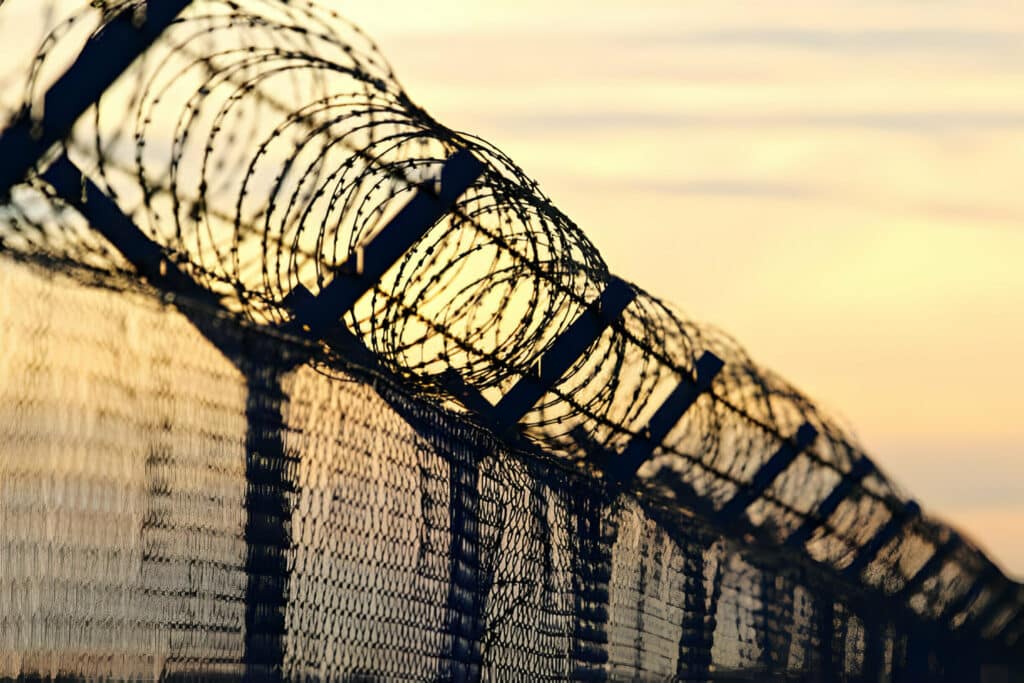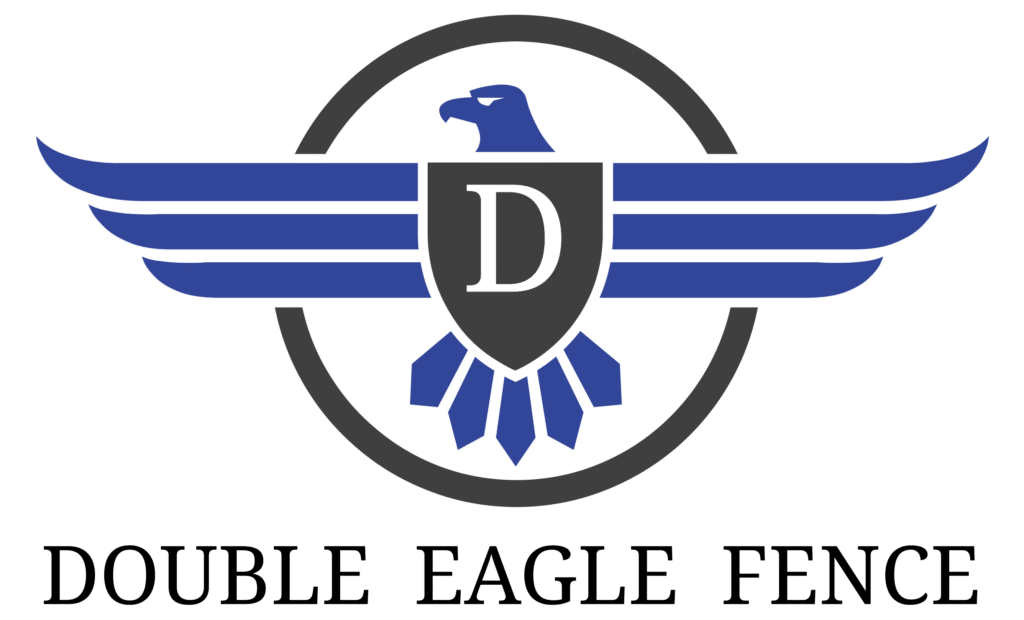When it comes to protecting your property, installing a security fence is one of the smartest investments you can make. Whether you’re aiming to deter intruders, boost privacy, or add an extra layer of protection for your home or business, the material you choose will have a major impact on the fence’s effectiveness and longevity.
With so many options out there, it’s easy to feel overwhelmed. How do you know which material is right for your needs and budget? In this guide, we’ll highlight the top five materials that deliver durability, privacy, and protection. You’ll learn the pros and cons of each option, what to consider before choosing, and tips for making the most out of your investment.

Categories
1. Chain Link Fencing
Chain link fencing is one of the most popular materials for fences due to its affordability, durability, and versatility. It provides a strong barrier while maintaining visibility, which is essential in areas where you want to monitor activity.
How It Works: Chain link fences are made of woven steel wires, typically coated with zinc for added protection against rust. The wires are formed into a diamond pattern, which makes the fence both sturdy and flexible.
Benefits:
- Cost-Effective: It’s one of the most budget-friendly options for a fence.
- Durable: Resistant to harsh weather conditions and wear over time.
- Visibility: Allows you to see through the fence, which can be beneficial for monitoring potential threats.
- Low Maintenance: Requires minimal upkeep compared to other fencing materials.
Key Considerations:
- Limited Privacy: Not ideal if you’re looking for a fence that offers privacy.
- Aesthetic Limitations: While functional, it may not offer the most attractive look for residential properties.
2. Wrought Iron Fencing
Wrought iron fences are often considered a premium option for security due to their strength and ability to deter intruders.
How It Works: Wrought iron fences are constructed from solid iron bars that are welded together to form a sturdy barrier. They can be customized to fit various heights and designs, making them both a secure and stylish choice.
Benefits:
- High Security: The solid construction of wrought iron makes it a powerful deterrent against intruders.
- Aesthetic Appeal: Offers a more elegant, timeless appearance compared to other materials.
- Long Lifespan: With proper care, wrought iron fences can last for decades.
Key Considerations:
- Cost: One of the more expensive options for security fencing.
Rusting: Wrought iron is prone to rust over time if not properly maintained or coated.
3. Wood Fencing
Wooden fences offer a more natural and customizable option for security. They can be constructed to various heights and designed with privacy in mind.
How It Works: Wooden fences are typically built from cedar, pine, or redwood and can be installed as picket, solid panel, or slatted designs. This material is often treated to prevent decay and damage from the elements.
Benefits:
- Privacy: Wooden fences are excellent for maintaining privacy while securing your property.
- Customizable: Can be tailored to fit your aesthetic preferences with different stains, finishes, and styles.
- Environmental Appeal: Natural look that blends well with landscaping.
Key Considerations:
- Maintenance: Wood fences require regular maintenance, including staining and sealing, to prevent rot and weather damage.
- Vulnerability to Damage: Wood can be susceptible to termites, rot, and weathering, which may affect its long-term durability.
4. Vinyl Fencing
Vinyl fences are made from durable plastic materials and are increasingly popular for security purposes due to their low maintenance and durability.
How It Works: Vinyl fences are made from high-density polyethylene or PVC, which are highly resistant to weather conditions, fading, and damage. The panels are available in a variety of styles and colors, including privacy designs.
Benefits:
- Low Maintenance: Unlike wood, vinyl doesn’t require painting or staining.
- Weather Resistant: Does not rot, warp, or fade like wood, making it a great option for harsh climates.
- Attractive: Offers a clean and modern look, available in many colors and styles.
Key Considerations:
- Cost: Vinyl fencing tends to be more expensive upfront than wood or chain link.
- Strength: While durable, vinyl may not be as strong as wrought iron or steel in terms of preventing break-ins.
5. Steel Fencing
Steel fences are heavy-duty and highly effective at providing security. They offer the strength of wrought iron with added resistance to corrosion and wear.
How It Works: Steel fencing is typically made from galvanized steel or stainless steel, providing a sturdy and long-lasting barrier. The materials are often powder-coated to protect them from rust and ensure a sleek, modern appearance.
Benefits:
- Maximum Security: Steel is incredibly strong and can withstand significant force.
- Corrosion Resistance: Galvanized steel is highly resistant to corrosion, making it a good choice for coastal or wet areas.
- Durability: Steel fences require little maintenance and are designed to last for many years.
Key Considerations:
- Cost: Steel fences are often more expensive than chain link or wood.
- Aesthetic: While functional, they may not offer the same aesthetic appeal as wrought iron or wood for residential settings.
Myths & Mistakes About Security Fences
- Mistake 1: Overlooking Maintenance Needs
While some materials, like chain link and vinyl, are low-maintenance, others like wood require regular upkeep to prevent deterioration. It’s essential to factor maintenance costs and efforts into your decision. - Myth 1: Security Fences Are All the Same
Not all fences offer the same level of protection. Materials like wrought iron and steel are stronger and more effective at preventing break-ins than chain link or wood.
Contact Us Today!
When choosing the right material for your security fence, it’s important to consider factors like durability, maintenance, and privacy needs. Whether you opt for the affordability of chain link, the elegance of wrought iron, or the low maintenance of vinyl, Double Eagle Fence has you covered. Ready to enhance the security of your property? Contact Double Eagle Fence today at (214) 530-9444 for expert advice and top-quality installation.
Frequently Asked Questions
How tall should a security fence be?
The height of your security fence depends on your needs. For residential properties, fences between 6 to 8 feet are typically sufficient, but commercial properties may require higher fences for added security.
Will a security fence increase the value of my property?
A well-built fence can improve the curb appeal of your property and add value, especially if it’s stylish and well-maintained.




